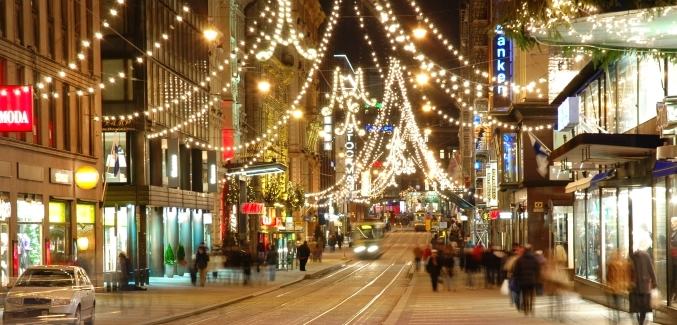Via Paul Walker, an interesting piece discussing how to apply the insights of Ronald Coase to sorting out the British housing problem:
As Pennington explains, Coase rejects this model. For him the costs are reciprocal – there are two sides each of whom is potentially imposing costs on the other. One wants to build houses, the other to preserve space. To the extent that one side gets its way the other suffers a loss. What we actually have is not an externality or pollution but a conflict over how to use land.
For Coase the solution was to assign a property right to one of the two sides and then allow a process of bargaining to take place. If the first group have the right then those who do not want development would have to pay them not to do it. If the second, then the developers (and ultimately the buyers) have to pay for the right to develop. Crucially it does not matter which of these two we go for: in either case we will end up with the outcome that maximises total welfare so long as the bargaining process itself is not too costly.
We have no doubt this would work and that should be good enough as a solution. However, while it would work we're really not convinced that it is the correct solution. For what it is saying is that those who wish to prevent building upon land that they do not own have some form of right to say or insist so. That's why they might be due some compensation from those who do build. And we rather reject that basic contention.
Property ownership does mean that one should be able to dispose of the property as one wishes. Consistent with this is that other people do not have the right to impose their views upon you of how you should dispose of that property. Thus we're uncomfortable with the idea of creating a right which can then be subject to such Coasean bargaining.
Far better, we think, to return to our basic idea. Simply blow up the Town and Country Planning Acts in their entirety. Yesterday, for preference.















